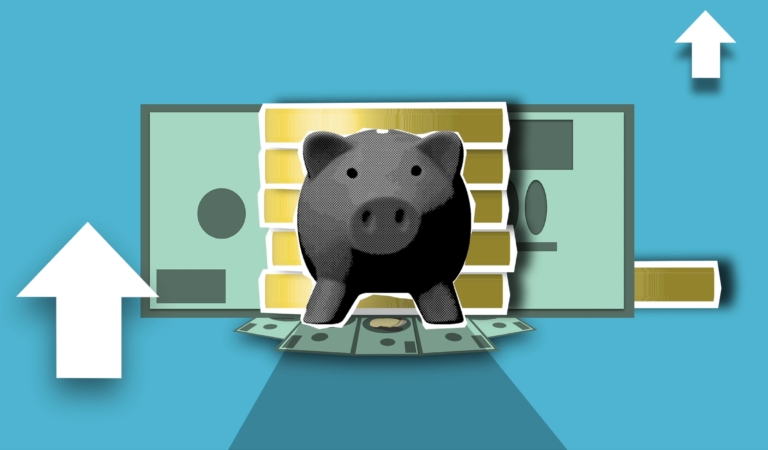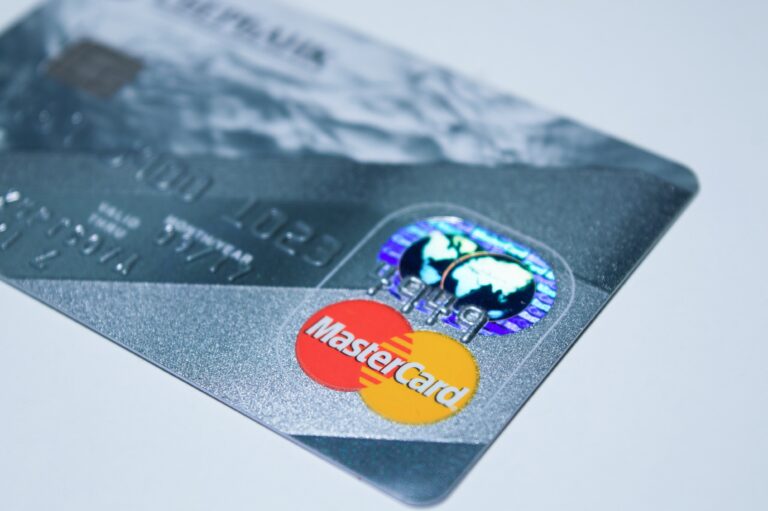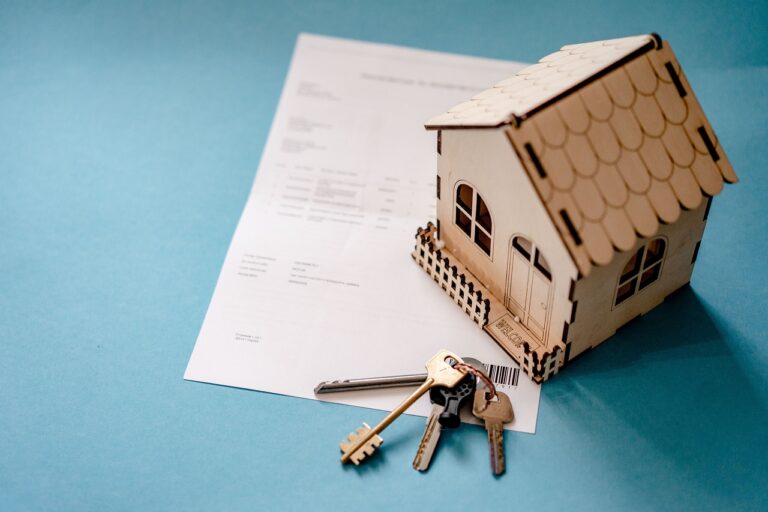Life is full of surprises, and unfortunately, some of those surprises can cost you a pretty penny. That’s where our comprehensive guide on “How to Expertly Budget for Unexpected Expenses” comes into play. With the right planning and a few savvy strategies, you can stay ahead of the game and ensure your financial security.
In this guide, we’ll dive into the nitty-gritty of budgeting for unexpected expenses, covering everything from building an emergency fund to adjusting your budget when life throws you a curveball. So, without further ado, let’s jump right in!
The Importance of Preparing for the Unexpected
Why Budgeting Matters
- Financial peace of mind: Knowing you have a safety net in place can reduce stress and anxiety when unexpected expenses arise.
- Prevents debt: Having a plan for unexpected expenses means you’re less likely to rely on credit cards or loans, keeping you out of debt.
- Promotes healthy spending habits: By budgeting for unexpected expenses, you’ll develop better overall money management skills.
Common Unexpected Expenses
- Medical emergencies
- Car repairs
- Home repairs
- Job loss
- Natural disasters
Building an Emergency Fund
How Much to Save?
A good rule of thumb is to aim for three to six months’ worth of living expenses in your emergency fund. This provides a cushion to help you weather life’s storms without going into debt.
Start small
Even if you can only afford to save a few dollars a week, every little bit helps. The key is to start building your emergency fund today.
Automate your savings
Set up automatic transfers from your checking account to your emergency fund each payday. This way, you can build your emergency fund without having to think about it.
Reduce unnecessary expenses
Take a look at your spending habits and identify areas where you can cut back. This could mean cutting out subscriptions, eating out less, or finding ways to save on groceries.
Avoid dipping into your emergency fund
Once you have built up your emergency fund, try to resist the temptation to use it for non-emergency expenses. Your emergency fund is there to help you in case of an emergency, not to finance a shopping spree.
Having an emergency fund can provide peace of mind and financial security. By following these steps, you can take control of your finances and build a strong foundation for the future. So start building your emergency fund today and safeguard your financial future.
Review your Emergency Fund Regularly
Additionally, it is important to regularly review and adjust your emergency fund as your financial situation changes. For example, if you get a raise or experience a major change in expenses, you may need to adjust the amount you are saving in your emergency fund.
Choosing the Right Account for Your Emergency Fund
Another important factor to consider is the type of account you choose to hold your emergency fund in. A high-yield savings account or a money market account can offer better interest rates than a traditional savings account, helping your emergency fund grow faster. However, it is also important to consider the accessibility and fees associated with the account.
Develop a Comprehensive Emergency Plan
Aside from saving money, it is also important to have an emergency plan in place. This could include insurance policies to cover unexpected expenses, such as health insurance or car insurance. It is also a good idea to have a backup plan for your income, such as a side job or freelance work, in case of a job loss.
Adjusting Your Budget for Unexpected Expenses
Reassess Your Spending Habits
Take a good, hard look at your spending habits and identify areas where you can cut back. This could include dining out less often, canceling unused subscriptions, or shopping smarter.
Allocate a Portion of Your Income
Set aside a percentage of your income specifically for unexpected expenses. This can be a fixed amount or a percentage of your take-home pay.
Prioritize Your Savings Goals
Make sure you’re balancing your savings goals, including retirement, college savings, and emergency funds. This may require some juggling and adjusting of priorities.
FAQs
- Q: How can I find extra money to save for unexpected expenses?
- A: Look for ways to earn extra income, such as freelancing or selling items you no longer need. Additionally, consider cutting expenses and redirecting those savings to your emergency fund.
- Q: How often should I reevaluate my budget for unexpected expenses?
- A: It’s a good idea to review your budget at least once a year or whenever there’s a significant change in your financial situation.
- Q: Can I use my emergency fund for non-emergency expenses?
- A: It’s best to keep your emergency fund strictly for true emergencies. Using it for non-emergency expenses can leave you unprepared when a real crisis strikes.
- Q: What if I can’t save three to six months’ worth of living expenses?
- A: Save as much as you can and work towards increasing your emergency fund over time. Even a small emergency fund is better than none at all.
Conclusion
When it comes to expertly budgeting for unexpected expenses, there’s no one-size-fits-all approach. However, by following the comprehensive guide outlined above, you’ll be well on your way to building a solid financial foundation that can weather life’s unexpected storms. Remember, the key to successfully managing unexpected expenses is preparation, prioritization, and discipline. To recap, here are the essential steps you should take to expertly budget for unexpected expenses:
- Understand the importance of preparing for the unexpected and recognize common unexpected expenses.
- Build an emergency fund, aiming for three to six months’ worth of living expenses, and choose the right savings vehicle for it.
- Adjust your budget to accommodate unexpected expenses by reassessing your spending habits, allocating a portion of your income, and prioritizing your savings goals.
- Stay informed by regularly reviewing your budget and making necessary adjustments to your financial plan.
By following these steps and maintaining a proactive approach to your finances, you’ll not only be prepared for the unexpected, but you’ll also be able to face life’s surprises with confidence and peace of mind. So, whether you’re just starting out on your financial journey or you’re an experienced budgeter, there’s always room for improvement when it comes to preparing for unexpected expenses. Keep learning, stay disciplined, and remember that expertly budgeting for unexpected expenses is an ongoing process that will help secure your financial future. And with our comprehensive guide, “How to Expertly Budget for Unexpected Expenses,” in your back pocket, you’ll be well-equipped to navigate the twists and turns that life inevitably throws your way. Good luck, and happy budgeting!










